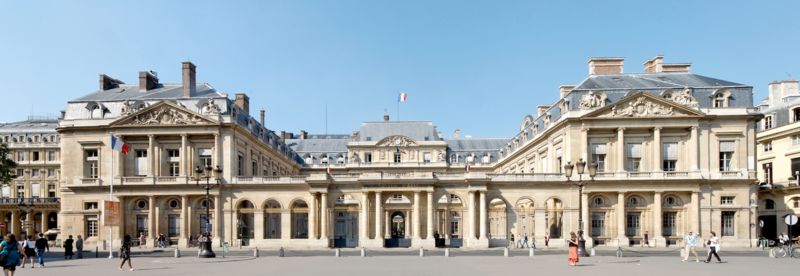The French Government just finished writing a bill that would aim at controlling internet traffic in order to punish web users guilty of copyright infringement. The law, highly anticipated by right holders, would create a new public body in charge of sanctioning people guilty of illegal downloading. It would first warn them by sending emails and letters, and could eventually order internet service providers to suspend their internet access. The Council of State, a court of senior jurists that advises the government on legislative bills and also acts as France’s supreme court for administrative law, has reportedly modified the bill quite significantly. It sought to respond to a number of judicial requirements, such as the constitutional principle of individualization of penalties (see previous post).
However, it is also likely that the Constitutional Council could declare the upcoming law unconstitutional. One of the many reasons it might do so has to do with the statute of this new public body, called HADOPI for “High Authority for the Distribution of Works and the Protection of Rights on the Internet”. This new agency would be an Independent Administrative Authority (IAA), a qualification similar to the British Non-Departmental Public Bodies.
Such qualification will normally have significant implications regarding its competencies. Indeed, the Constitutional Council’s jurisprudence has slowly built a coherent judicial framework for IAAs. Most notably, in its decision on January 17th 1989 concerning the CSA, another IAA in charge of regulating the audiovisual sector, the Council imposed three conditions to the constitutional validity of the sanctioning power of IAAs:
1. that these IAAs are in actual fact independent from the administration;
2. that their sanctioning power are restricted by « appropriate safeguards to ensure the rights and freedoms that are constitutionally guaranteed » (idea of a fair trial);
3. that the sanctions they adopt do not constitute a privation of liberty.
If the Council of State seems to have paid enough attention to the second point, it is very possible that the Constitutional Council will declare the three strikes law to be contrary to the Constitution on the ground of the third one. According to the 66th article of the French Constitution, the judiciary authority is the “guardian of individual liberty” and is the only one constitutionally authorized to pronounce sentences infringing on fundamental liberties. Therefore, an administrative authority, even independent, cannot be given the power to order such measures. This is precisely what the 1989 ruling reaffirmed. Yet, the suspension of internet access is clearly a privation of communication freedom and it is consequently dubious that the Hadopi is even lawful.
I asked my public law professor about it and she thinks that it is a constitutional dead end too. What I can’t really figure out is why the Government would engage in this fight knowing it too…
Wait and see.

Pictures by Jastrow, retrieved on Wikimedia Commons.